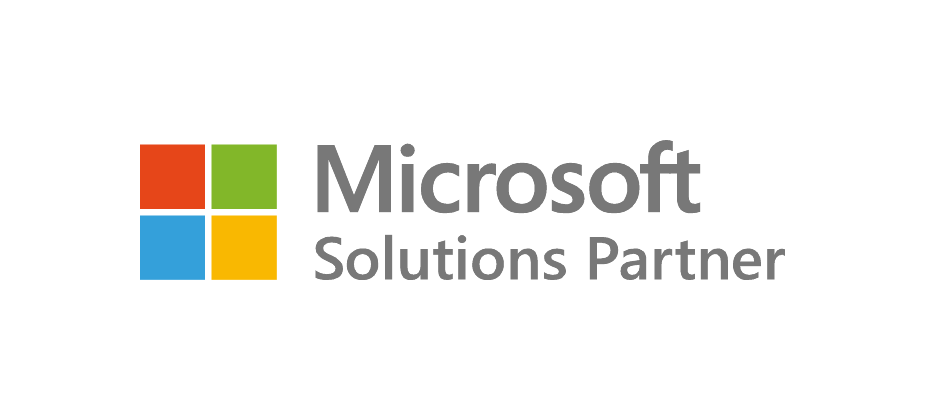
In an era where data breaches and cyber threats are ever-present, ensuring the security of your data is paramount. Copilot for Microsoft 365, an AI (Artificial Intelligence)-powered assistant designed to enhance productivity, leverages sophisticated encryption techniques to protect your information. This blog explores how Copilot for Microsoft 365 ensures data security and provides peace of mind through advanced encryption methods.
Understanding Data Encryption
Data encryption is a process that transforms readable data into an unreadable format using algorithms and encryption keys. Only those with the correct decryption key can convert the data back to its original form. This ensures that even if data is intercepted or accessed without authorization, it remains unintelligible and secure.
How Copilot for Microsoft 365 Uses Encryption
Microsoft employs a multi-layered encryption strategy to protect data within Copilot for Microsoft 365. Here’s how it works:
- Encryption at Rest:
- Data at rest refers to inactive data stored on physical media such as hard drives or cloud storage. Microsoft encrypts data at rest using robust encryption algorithms, ensuring that any data stored within Microsoft 365 services is secure.
- Advanced Encryption Standard (AES) with 256-bit keys is commonly used for data encryption at rest. AES-256 is a highly secure encryption standard that provides strong protection against unauthorized access.
- Encryption in Transit:
- Data in transit refers to data actively moving from one location to another, such as over the internet or through a private network. Microsoft ensures that data transmitted between users and Microsoft 365 services is encrypted using Transport Layer Security (TLS).
- TLS is a widely adopted security protocol that encrypts data as it travels across networks, protecting it from interception and tampering.
- Encryption in Use:
- Data in use refers to data currently being processed or accessed by an application. Microsoft uses technologies like Confidential Computing to encrypt data while it is being processed by AI models and other applications.
- Confidential Computing creates a secure enclave within the CPU, ensuring that data remains protected even during processing. This adds an extra layer of security for sensitive operations.
Additional Security Measures
In addition to encryption, Microsoft employs several other security measures to protect your data when using Copilot for Microsoft 365:
- Multi-Factor Authentication (MFA):
- MFA adds an extra layer of security by requiring users to provide multiple forms of verification before accessing their accounts. This significantly reduces the risk of unauthorized access.
- Conditional Access Policies:
- Conditional access policies allow administrators to enforce access controls based on specific conditions, such as user location, device compliance, and risk level. This ensures that only authorized users can access sensitive data and applications.
- Data Loss Prevention (DLP):
- DLP policies help protect sensitive information from being shared or leaked unintentionally. DLP identifies, monitors, and protects sensitive data across Microsoft 365 apps, ensuring compliance with organizational policies and regulatory requirements.
- Advanced Threat Protection (ATP):
- ATP provides comprehensive protection against advanced threats and cyber-attacks. It includes features like threat detection, investigation, and response, helping to safeguard data from malicious activities.
- Regular Audits and Compliance:
- Microsoft conducts regular security audits and assessments to ensure compliance with industry standards and regulations. This includes certifications such as ISO/IEC 27001, SOC 1, SOC 2, and GDPR, demonstrating Microsoft’s commitment to data security and privacy.
User Control and Transparency
Microsoft places a strong emphasis on user control and transparency when it comes to data security:
- Data Ownership:
- Users retain ownership of their data. Microsoft acts as a data custodian, providing the tools and capabilities to manage and protect data according to user preferences.
- Transparency Reports:
- Microsoft regularly publishes transparency reports that detail government requests for data and how they are handled. This ensures that users are informed about how their data is managed and protected.
- Customer Lockbox:
- Customer Lockbox provides an additional layer of control by requiring customer approval for Microsoft engineers to access customer content during support operations. This ensures that access to data is closely monitored and controlled.
Conclusion
Ensuring the security of your data is a top priority for Copilot for Microsoft 365. Using advanced encryption techniques, robust security measures, and a commitment to transparency and user control, Microsoft provides a secure environment for your data. By understanding and implementing these security practices, you can confidently leverage the power of Copilot for Microsoft 365, knowing that your data is always protected.

Recent Posts
- Thinking About Leaving GoDaddy? Discover How to Gain Full Control of Your Microsoft Tenant and Boost Security
- 5 Advanced Security Features of Azure Virtual Desktop for Enterprise Protection
- Top 10 Questions IT Leaders Ask About Azure Virtual Desktop (AVD)
- How Azure Virtual Desktop Simplifies Remote and Hybrid Work for IT Leaders
- Azure Virtual Desktop vs. Windows 365: Which Cloud Desktop Solution is Right for Your Business?
Each Azure project begins with a comprehensive Azure assessment, during which our team evaluates the existing environment, tackles challenges like compatibility and security, and designs a personalized migration approach.
